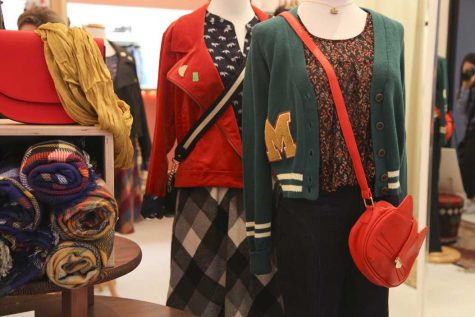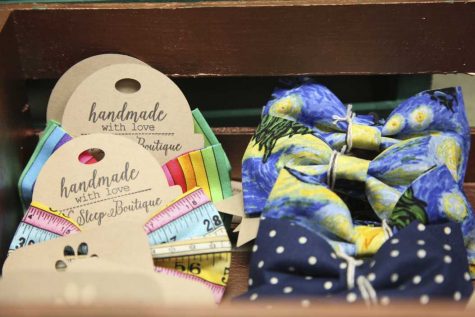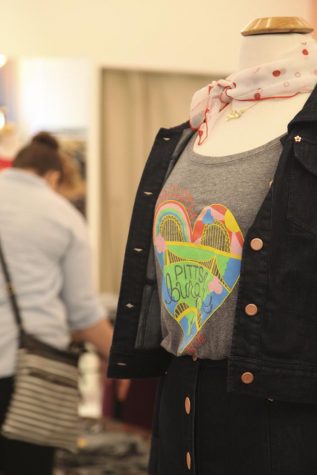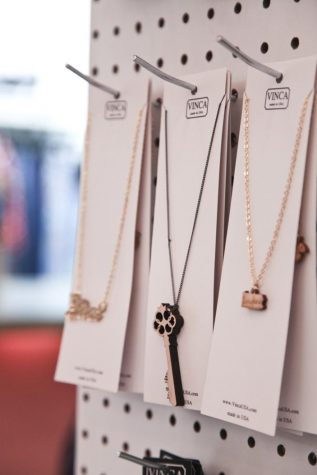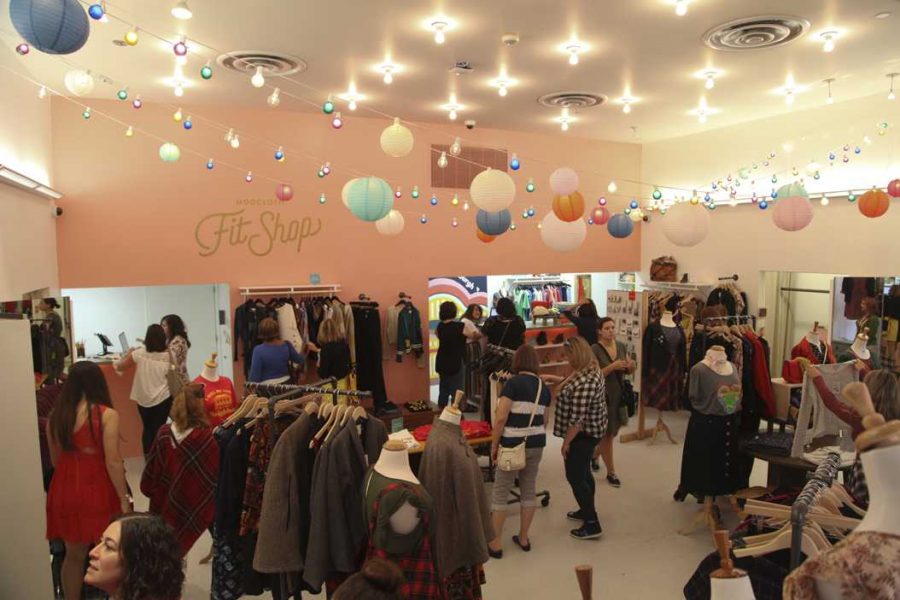If you told Susan Gregg Koger, ModCloth co-founder and chief creative officer, 14 years ago that she would have a shop of her own filled with customers she would never have believed you.
“It was always really fun to imagine having a store of any sort and getting to actually see all of our products in person [and] see all of our customers here,” she says. “I had no idea we’d be able to pull it off and actually do it here in Pittsburgh.”
Gregg Koger and her then-boyfriend, now husband Eric Koger founded ModCloth, an online shop for pre-owned vintage dresses, in 2002 in a Carnegie Mellon University dorm room.
Now, ModCloth has expanded beyond its dress line and boasts $150 million in revenue each year with the company moving off the web and into pop-up shops around the country. The pop-up shop tour — called ModCloth IRL, or “in real life” — began its tour this May in Austin, Texas, and ends today in Pittsburgh, the place where it all started.
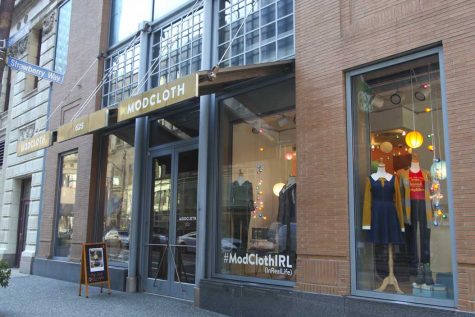
According to Gregg Koger, the idea for temporary shops sprouted after hearing customer feedback about wanting to experience ModCloth in person. In 2015, the couple decided to host a three-day pop-up in Los Angeles and then in San Francisco.
The Pittsburgh shop, which was open Downtown at 625 Smithfield St. from Sept. 17 to Sept. 27, featured items mostly from ModCloth’s in-house brand and some Pittsburgh exclusives, including products from Steel City tees, Moon Pine jewelry and No Sleep Boutique.
With its pink walls and body-positive mannequins, the shop reflects ModCloth’s eclectic style and its dedication to serving customers of all sizes.
Some of Gregg Koger’s favorite pieces in the pop-up include a denim skirt-pant-jacket set that features flower grommets and a chevron design, a ModCloth varsity cardigan inspired by vintage varsity jackets and a red corduroy jumper with heart-shaped pockets.
It’s this passion for providing quintessentially cool and effortlessly quirky products that has kept Gregg Koger going after 14 years.
“At the end of the day, we want to help our customers feel like the best version of themselves,” she said. “Being able to do that is what makes it worthwhile to keep going, even when it gets hard.”
